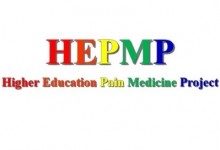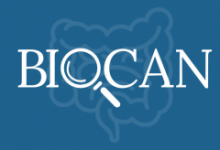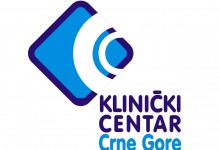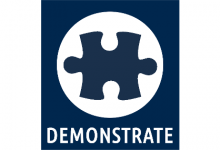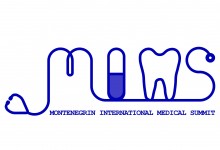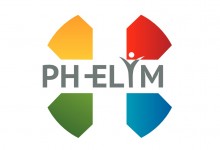
ZDRAVSTVENA POLITIKA,MENADŽMENT U ZDRAVSTVU
Semester: 2
ECTS: 5
Status: Obavezan
Lessons: 2++0
Double: Ne
Learning outcomes:
It is expected that after passing the exam in this subject, the student will acquire the necessary theoretical knowledge in the field of health and human rights, as well as the skills necessary to apply this knowledge in practice. Understanding these rights is of great importance for all participants in the healthcare system. Developing positive attitudes and behavior in relation to human rights is the basis of successful work on preserving and improving the health of users. In addition, the expected outcomes and competencies are: knowledge and abilities related to human resources management, recognition of the roles and functions of human resources managers, strategic management of human resources in public health, recognition of the importance of learning and training, as well as management and rewarding according to performance. In addition to a good understanding and ability to apply knowledge, participants will develop skills for research and critical analysis of the role of the modern manager and human resource management system, as well as to analyze in writing the effects of policies and procedures on the performance of healthcare organizations. After completing the course, public health professionals will be able to: (a) understand the key concepts of leadership theory, levels and styles of leadership, and the differences between management and leadership; (b) critically analyze the complexity of leadership and motivation of people; (c) understand their role as public health leaders to improve the quality of public health practice; (d) apply relevant concepts of leadership in their own professional workplace and develop leadership skills (mentoring, understanding oneself and followers, lifelong learning); (e) know the challenges of joint leadership; (f) overcome obstacles and facilitate change. Students will gain knowledge about the importance of planning, the differences between operational and strategic planning, the strategic management model, decision-making methods and the differences between group and team work, process and change management models. Students will know how to define the mission, vision, values and principles of the institution, general and specific goals, respecting the guidelines of the SMART technique. They will learn how to analyze the external and internal environment by applying appropriate methods and techniques (PEST, SWOT analysis, stakeholder analysis and stakeholder mapping) techniques. After the activities carried out in the course, students will be able to analyze and apply the health care financing model, as well as to adopt the principles of economy, efficiency and effectiveness of the health care of the population.
Teaching staff
| Name | Lectures | Exercises | Laboratory |
|---|---|---|---|
| BOBAN MUGOŠA | 1.44x1 10S | ||
| MIODRAG RADUNOVIĆ | .66x1 10S |

